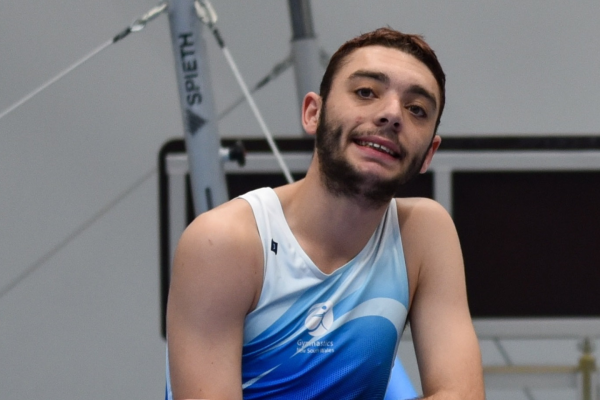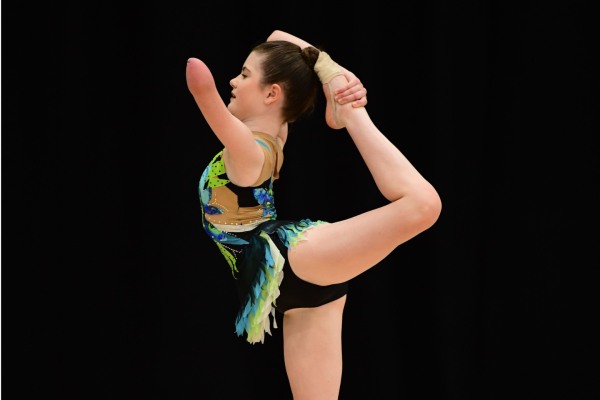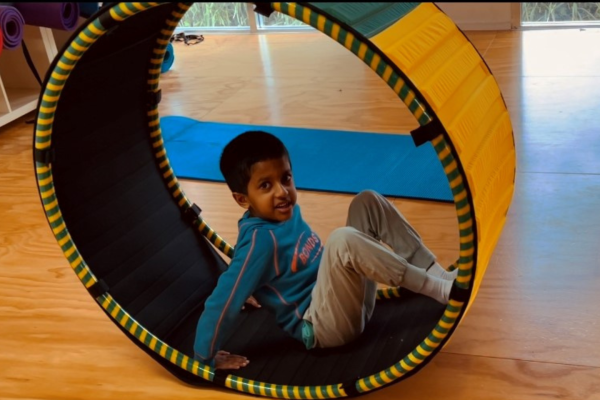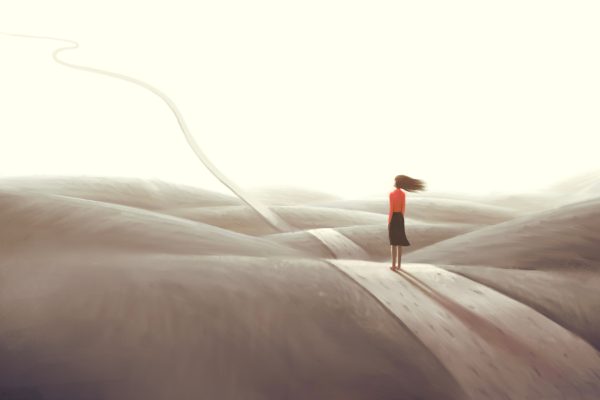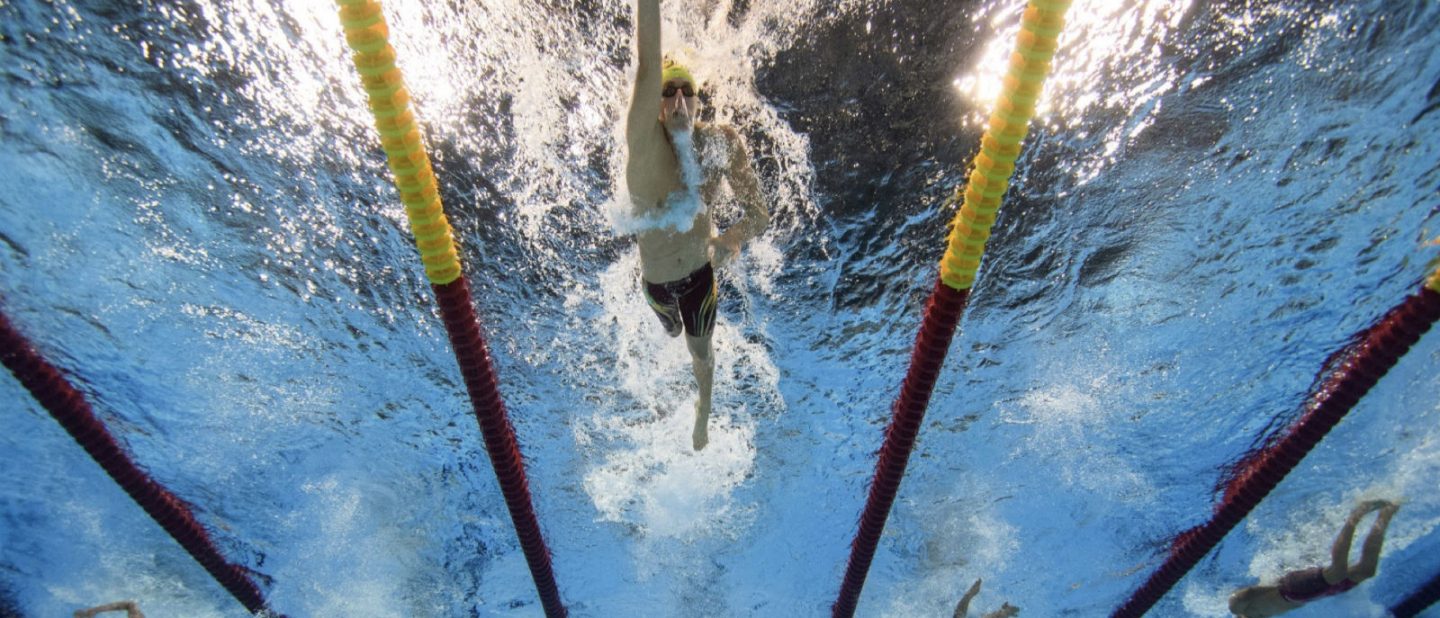
Australia’s water warriors
By Rachel Williams
Swimming and surfing are synonymous with Australia – from dive bombing to catching a wave, most children spend their summers dreaming of being at the beach or by the pool.
Three Australian sports stars have refused to let their disability prevent them from making a splash. This edition we feature these water warriors. All three are wonderful ambassadors for their respective sports and firmly believe the right attitude is what sets you up for success.
BRENDEN HALL LOST HIS LEG AT THE AGE OF 6 AFTER CONTRACTING CHICKEN POX.
The viral infection caused a Deep Vein Thrombosis in his lower right leg which led to a cardiac arrest. His parents, Shelley and Ray, made the difficult decision to amputate through the knee to save his life.
The incident also left the 26-year-old significantly hearing impaired – he is fully deaf in his right ear and can only hear slightly in his left ear.
But with family support from his parents, younger brother, Marcus, and new wife Brittany, he hasn’t let disability define him.
“As a young child I didn’t really let it bother me that long. Emotionally it bugged me for a little while after I woke up in the ward and came to realisation with everything. Once I was out of the hospital and started to get around on my new prosthesis, I never really looked back or let anything stop me moving forward.”
Brenden had loved the water before losing his leg and it was the Sydney Paralympics in 2000 that inspired him to focus on the pool as a profession.
“It was the year after I lost my leg and it opened my eyes and I think planted the seed of a dream. At the age of about 11, I decided with my then coach that I might actually have a shot of making something of this so we aimed for Beijing and the dream became a reality four years later.”
He has competed at three Paralympic Games and won six Paralympic medals. He is an eight-time world champion, three-time Commonwealth Games medallist, and the reigning world record holder in the men’s 400m freestyle S9, men’s 800m freestyle S9 and men’s 1500m freestyle S9.
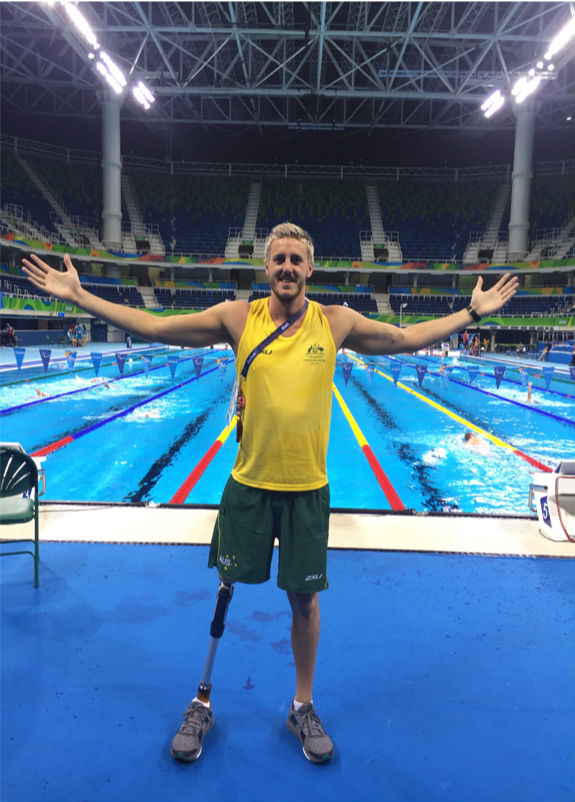
Brenden is now fully focussed on gaining selection for the Tokyo 2020 games.
Training involves 9-10 sessions in the water a week, which can be anywhere up to 2 hours or more, 2-3 gym sessions and a pilates session. He also requires regular massage and physio sessions to ensure his body, especially his hips and lower back, are coping with the pressure.
Brenden is also studying at university to become a physiotherapist, is a volunteer surf lifesaver at Kings Beach Caloundra and is regularly asked to conduct public speaking engagements to share his story.
He is humbled to have been awarded an OAM for his service to the sport.
While his gold medals shine, it’s his smile and attitude that endear him to most.
“I believe that you are the only person holding yourself back from achieving whatever you want to achieve. It all comes down to your personal attitude.
“I’ve just always woken up wanting something – to swim for my country, to win gold and I have just made sure that I have gone after it and try to let nothing stop me.
“This year I just fell short and I had to take a step back, re-evaluate and analyse to find out what adjustments I can make to come back better and stronger next year to ensure that I’m on top again.
“Everyone has to learn from failure at some point and the important thing to remember is that you can always learn and improve.
“If you find something you love or are passionate about and you always have fun what more reasons do you need to continue it, or pursue it. Because if you maintain a positive mindset towards that passion anything can be achievable.
“To go on to greater things in life, you must challenge yourselves at this very level where it is only just the beginning. It is better to aim high and just fail that shot, than to aim low and exceed beyond that target, as that is just the easy option in life and isn’t deemed challenging.”
THE SPECIAL OLYMPICS HAVE ALLOWED SARAH CHAPLIN OPPORTUNITIES TO SHINE IN THE POOL BOTH AT HOME AND ABROAD.
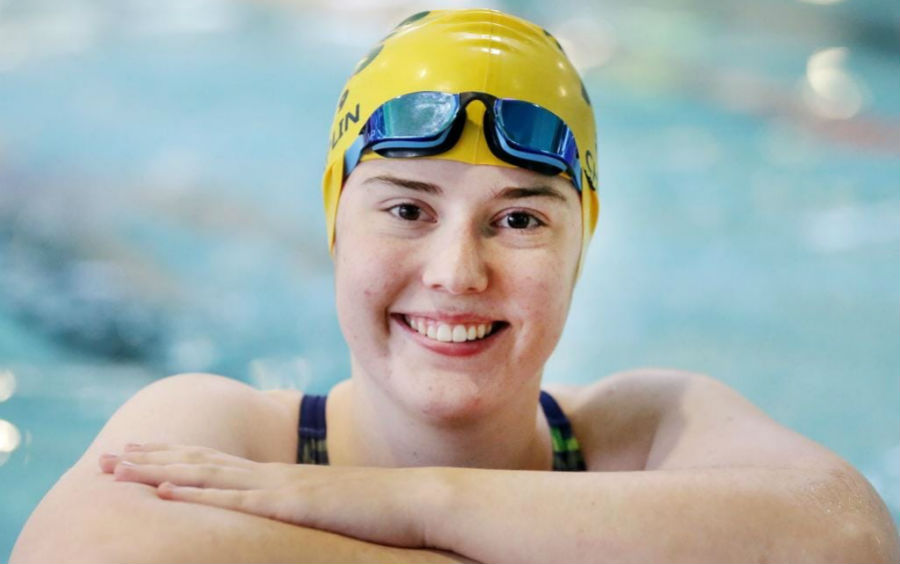
The 21 year old has an intellectual disability and epilepsy and also suffers from anxiety and low muscle tone delay.
The Victorian has always loved the water as a way to stay fit and build strength and started competing at the Special Olympics in 2007.
She has just returned from the UAE where she swam four personal bests at the 2019 World Games.
“My greatest achievement is representing Australia at the 2019 Special Olympics World Summer Games held in Abu Dhabi and Dubai, where I came home with a gold and three silvers, which were all personal bests,” Sarah says.
“My next goal is to represent Australia in the Special Olympics 2023 World Games in Berlin, Germany.”
Sarah says the journey has been special indeed, as she has been able to share many moments with her siblings Elizabeth, who has Autism/ADHD, and her brother Timothy who has autism and epilepsy, and also competes in Special Olympics.
When not swimming, Sarah also competes in Ten Pin Bowling.
Her attitude and aptitude saw her named alongside Timothy as ambassador for the 2014 National Games in Melbourne.
“I also am an athlete in the Athletes Leadership Programme, which is a programme in which we do publicity to organisations for awareness of Special Olympics,” she explains.
Sarah completes two 1.5-hour training sessions a week with her club, Melbourne Eastern Ranges, and also completes a few sessions each week by herself.
Sarah’s mum Julie says the Special Olympics is inexpensive at a state level but can be costly once international meets are on the agenda – but she says it’s worth every cent to see her children succeed.
“Sarah has always enjoyed swimming and with the participation in a Special Olympics she has gained more confidence and her fitness has improved.
“Her brother Tim swims to keep his fitness up for athletics. If they didn’t have these ambitions I believe that they wouldn’t reach their potential.
“Peter and I have always believed in giving all our children the opportunity to participate in Special Olympics in the sports they want to compete in. As the confidence we see our kids get from Special Olympics is enjoyable to see.”
The confidence has transferred from the water to work.
Sarah works four days a week at Waverley Industries, a not-for-profit organisation that provides supported employment opportunities for people with special needs.
“I work in the packaging department where I pack and assemble items. My brother works in the catering department which caters for different types of companies.
“I am also a participant at Interchange Outer East which is a disability support service organisation.
“The main challenges I have are learning social skills and independence which I am still dealing with. I also get lots of injuries due to my low muscle tone delay. I am also anxious of being in public places.”
Sarah says her swimming has given her the confidence to face those challenges.
“My belief is don’t let anyone or anything stop you from achieving your goals. If you put your mind to what you want to do, you can achieve anything no matter who you are.”
TOUGH LOVE HAS BEEN A BLESSING IN DISGUISE FOR CYCLING AND SURFING CHAMPION MATTHEW FORMSTON.
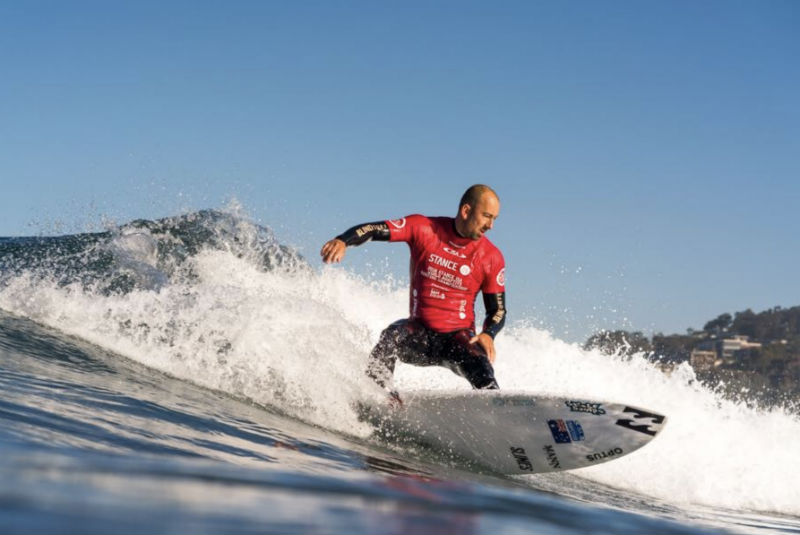

Matt has Macula Dystrophy and only has around 5 per cent of his peripheral vision.
“I lost my vision when I was five, so I have no real memories of being able to see,” Matthew explains.
“Doctors said I’d never be able to read, write, move around, play sports or be an effective or contributing member of society because simply put, I was blind.”
Didn’t he prove them wrong!
Instead of wondering what could have been, Matthew’s mantra has been to savour every experience.
He pays tribute to his father for ensuring he developed the right attitude.
“My family environment was a very loving home, but my dad was a fairly hard man. There was never any room for excuses. But this was done in a supportive way to achieve what my potential was. But the real tone of it was ‘no excuses – just get on with it’.”
And that’s what he did – on a bike and on a surfboard.
Matt started competing at international level in
2011 as a tandem cyclist, after being talent spotted
when he completed a charity ride from Sydney
to Melbourne on a single bike for the Macular
Degeneration Foundation in 2009.
He went on to win 10 national titles and two World Championships medals in Para-cycling, and was also a world record holder in the men’s 4000m individual pursuit for riders with a vision impairment.
Since retiring from the velodrome he has turned heads in the ocean as a professional adaptive surfer.
“Being in the ocean is safer than crossing a road for a blind person,” Matt says. “I can feel the waves and I know where I am.
“Surfing has been the place I’ve felt most free throughout my whole life. Regardless of whatever challenges I’ve had, surfing has just always been fun and free.
“For championships I surf with a spotter who tells me when a good wave is coming, whether it’s coming from left or right and when to paddle, but when I’m on the wave it’s up to me to work the wave and choose my manoeuvres.”
Matt first started surfing when he was five.
“My dad and brother used to push me into waves on a bodyboard. They would come and grab me and drag me out the back again and push me into another wave.
“Through this process I learned to feel waves on a bodyboard, I started surfing standing up when I was 10 and the rest is history.”
Now that he is surfing some of the world’s toughest waves, his safety is managed by a group of spotters.
“It wasn’t until I was in my late teens and I started surfing and chasing bigger waves that my vision became an issue for me. It wasn’t until I became a professional surfer and I got some amazing guys supporting me, I could take on heavier waves in the Mentawais and waves that break into cliffs like Uluwatu.
“In those situations, I really need water men who are extremely experienced and able to communicate well enough to keep me alive.”
Matt says he likes to ride short boards with rounded noses.
“As I’m feeling the wave and what’s coming up on my front foot, I’m getting information as close to my front foot as possible. That means I can do more radical manoeuvres in the steepest parts of the wave. Although, a lot of sighted surfers are using these types of boards too because they fit better in critical parts of the wave and you are less likely to nose dive.”
He is now passing on his passion for hanging 10 with vision impaired children.
“Teaching kids to learn to surf is helping give them the same opportunity I’ve had to connect with the ocean and set them up in life to have the place of freedom they can always come back to.
“I know most of them won’t stick with it as surfing is extremely hard to learn, even for a sighted person with no disability, but if I can help even one or two kids find the love of the ocean that I have, it will be all worth the time and effort.”
He is planning a come and try day for vision impaired and blind children at Manly, in Sydney, on February 15, 2020.
“We are hoping we can get a bunch of kids in the water and stoked to live the surfing dream,” he says.
Matt also now runs his own business as a corporate speaker, motivation expert and personal coach.




